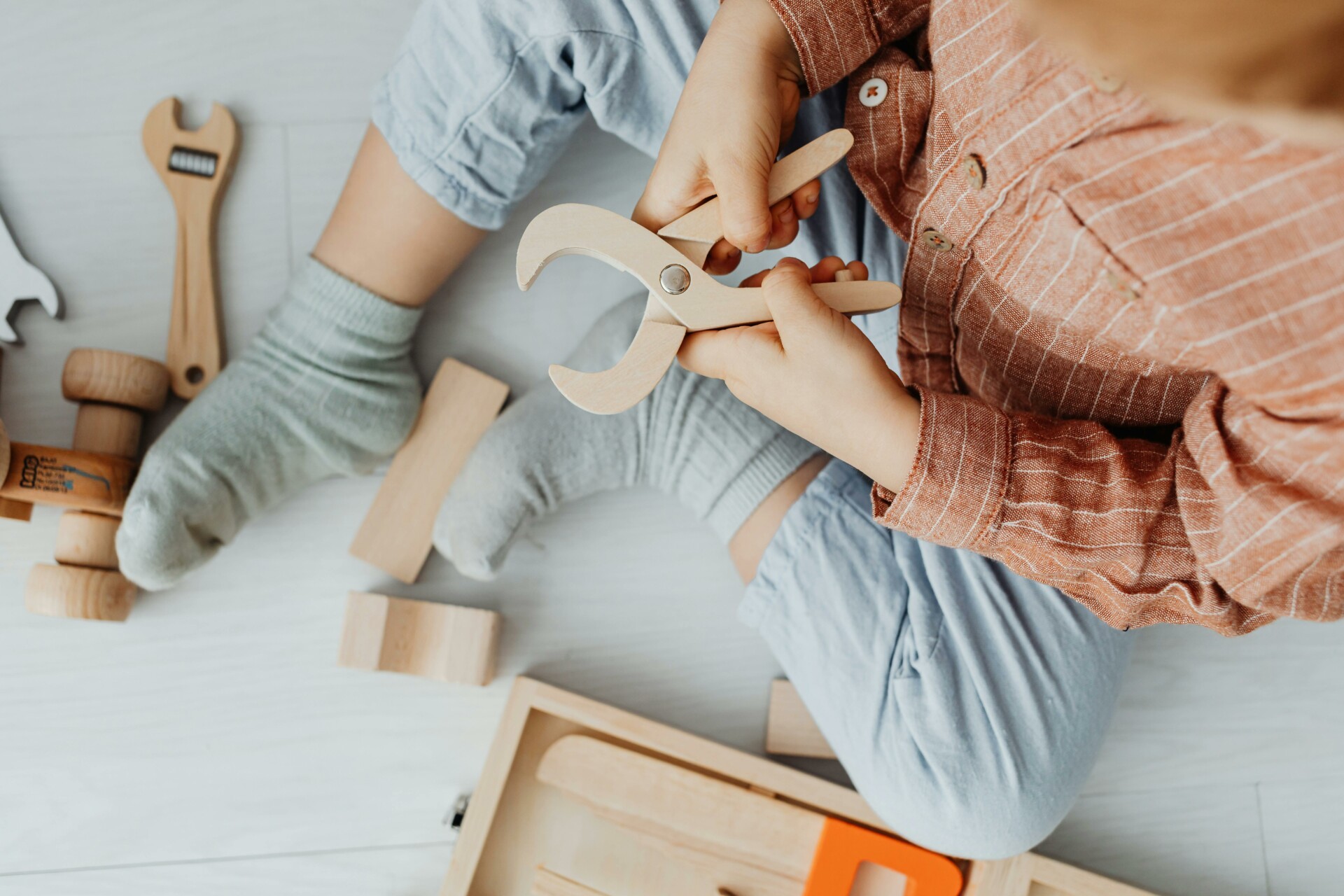Result
What parents want to pass on to their children today has changed noticeably in recent years. While discipline and obedience used to play an important role, values such as responsibility, honesty, health and environmental awareness now take centre stage. More than one in two people believe it is important for children to learn to take responsibility. Almost as many mention honesty or a conscious approach to one's own health. Time for the family and an environmentally conscious life are now also among the most frequently mentioned educational goals.
This shows that social values and self-care are almost equally important today. Young adults in particular are attaching greater importance to qualities such as flexibility, self-confidence and intercultural competence. At the same time, they want structure and stability - but with more freedom than previous generations. The good relationship between the generations is also striking: Young people today get on much better with their parents than in the past - the classic generational conflict seems to be diminishing.
Reasons
The demands placed on children and young people have changed - as has the world in which they grow up. Digitalisation, global crises and social changes demand different skills than in the past. Parents want to prepare their children to be able to deal with challenges independently and with strength.
Critical thinking, media skills, social intelligence and resilience are becoming increasingly important as a result. There is a great desire to raise children to become independent, adaptable and empathetic people. At the same time, traditional values such as discipline and the ability to take criticism are once again more popular among young people.
Forecast
In the future, carers will continue to be faced with the question of what values children need to master their lives well. It will be important to harmonise traditional virtues and modern requirements. Honesty, a sense of responsibility and reliability will remain just as important as flexibility, self-confidence and digital skills.
It is crucial that children not only receive knowledge, but also guidance. They must learn to deal with uncertainty, to take themselves and others seriously and to take responsibility in everyday life - for themselves and for others.
Values are not a rigid concept. They evolve - with the times, society and people. Communicating values means shaping the future.



